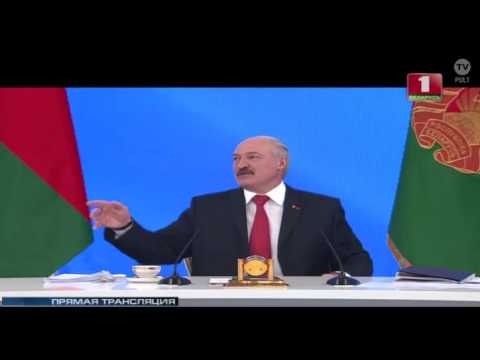At the heart of these issues are the continuing competition, rivalry, and hostility between Russia and the West, which have no valid and rational underlying geopolitical causes and reasons, but are to the great degree emotional and traditionally historical. This main conflict has to be resolved first, and it is ripe for the comprehensive, in-depth, and the long-term historical resolution, with the other, including the various local conflicts, to follow.
The Declaration of Principles of Russia - West relations might be helpful in codifying the new order, with the common institutions (the political, judicial, economic, cultural, and others; the existing and the future ones) serving as the structural foundation and the support systems. It would be blessedly beneficial for the direct participants and for the rest of the world.
Speaking of Russia in particular, it appears to be the most natural, state-and-life saving course of development for her politically and economically, preserving, defining and enhancing her proper place within the world order and the western culture, the alternative being the inevitable, slow or not so slow decline and the dissolution. Instead of the negative and destructive force, the role which she presently plays in opposing the western world, in her futile hope, attempt, and plan of adjusting this world to herself and exploiting it, in her quest for the individuation and retaining of her imperialist ambitions, Russia could play the positive role jointly with the others as one of the integrators and organizers of the new world order while benefiting from this herself internally.
The UN (the FDR's favorite brainchild and hope for the world) was envisioned as the main prototype political institution to deal with the wars, peace, conflicts, and their resolutions, but it degenerated somewhat, and veered away from its originally charted course, due to many and various factors. The new organs should include the main parties: the US, the EU, the UK, Russia, Israel, and the "significant others" as the parts and the carriers of the European-Western-Judeo-Christian Civilization and their immediate associates. The G-7, which never really became the G-8, and the G-20 are limited by their informal character with the largely consultative functions. All the mentioned above existing structures should be flexibly incorporated into the new system of what effectively could become the World's consultative government, continuing the lines of development of the UN and the EU, and adding to them the overarching and efficient mechanisms for the maintaining of the international stability and the global security.
I do not see, anticipating the criticism, anything racist or exclusionary in this envisioned arrangement. It will simply affirm the existing actual state of affairs, coordinate the efforts in the fight against the real ills and the enemies of the Mankind, such as drugs and the international organized crime, will spur the economic growth and development, and will be the most effective instrument in containing and resolving the various regional and local conflicts and disorders with the help of the international police forces and the allied and/or unified military, including the special operations forces, providing the impetus for the building of the adequate civil, political, judicial and other structures and institutions in the underdeveloped parts of the world.
The similar views were expressed in some of the previous posts.
The perspective plans for the direct resolutions of the regional conflicts mentioned in this opinion piece below will be addressed later.
To be continued.
2.14.17




